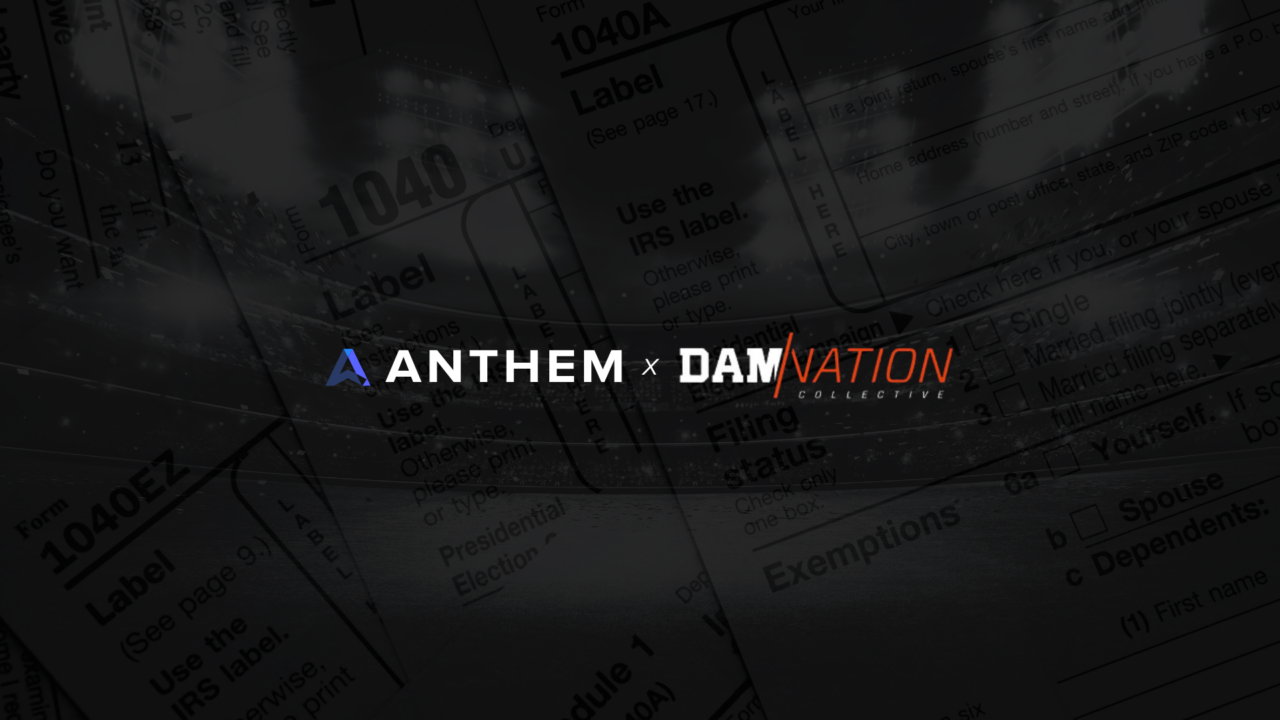As Congress deliberates on potential tax legislation, various proposals and discussions emerge—some with the potential for enactment, while others remain aspirational or purely political rhetoric. This update is designed to help you filter through the noise and focus on what truly matters for your tax planning and compliance.
Key Tax Topics Under Discussion
Federal Income Tax Repeal is Not on the Table
Some Republican lawmakers have suggested replacing the federal income tax with a consumption-based tax. While this idea has been discussed by policymakers, including former President Trump, there is no serious legislative movement toward repealing the federal income tax. Established in 1913 under President Wilson, the federal income tax has been a fundamental part of the U.S. tax system for over a century and is unlikely to be eliminated anytime soon.
IRS Restructuring and Workforce Reduction
Proposals to eliminate or significantly reduce the IRS have circulated among some lawmakers. The current administration has made moves to downsize the agency, with reports indicating that approximately 12,000 IRS employees have either taken buyouts or been laid off. However, the IRS remains a necessary institution for tax collection and administration. Significant workforce reductions could impact taxpayer services, enforcement, and compliance activities.
Social Security Benefits Will Remain Taxable
Currently, up to 85% of Social Security benefits can be subject to federal income tax based on a recipient’s provisional income. While there have been calls to make these benefits fully tax-free, such a change would significantly impact Social Security funding. Income tax on benefits contributed nearly $50 billion to the Social Security Trust Fund in 2023. Due to technical budget rules, changes to the taxation of Social Security benefits cannot be made through the budget reconciliation process. Instead, lawmakers are exploring alternative tax relief options for seniors.
Other Notable Tax Developments
- Capital Gains Inflation Indexing: There is renewed interest in adjusting capital gains tax calculations for inflation. This would allow taxpayers to increase the tax basis of their investments based on inflation, potentially lowering taxable gains. However, complexities such as choosing an appropriate inflation index and the impact on federal revenue make this proposal uncertain.
- College Athletes and NIL Income Taxation: With the rise of Name, Image, and Likeness (NIL) deals, student-athletes must recognize that NIL income is taxable, including cash payments and free products or services. Many athletes may also owe self-employment taxes on their earnings. Additionally, the IRS is scrutinizing NIL collectives claiming 501(c)(3) tax-exempt status, with increased enforcement efforts in this area.
- Business Start-Up Cost Deduction Expansion: A proposed House GOP bill seeks to increase the first-year deduction for business start-up costs from $5,000 to $20,000. The final inclusion of this provision in the tax package remains uncertain.
- Vehicle Leasing and Tax Implications: Businesses leasing vehicles valued over $62,000 should be aware of the IRS lease inclusion rule, which requires a portion of the lease deduction to be offset by additional taxable income. This provision, detailed in IRS Rev. Proc. 2025-16, is designed to align lease deductions with depreciation limitations for purchased vehicles.
- Corporate Transparency Act Enforcement Pause: The Financial Crimes Enforcement Network (FinCEN) has temporarily halted enforcement of beneficial ownership reporting requirements, with upcoming regulatory changes expected to limit reporting obligations primarily to foreign entities.
- Worker Classification Remains an IRS Priority: Misclassification of employees as independent contractors continues to be a significant enforcement focus for the IRS. Businesses should ensure proper worker classification to avoid potential back payroll tax liabilities. Section 530 relief may provide a safe harbor for some businesses that have historically classified workers as contractors and met specific IRS criteria.
- Foreign Earned Income Exclusion Increases for 2025: U.S. citizens working abroad can exclude up to $130,000 of foreign-earned income in 2025, up from $126,500 in 2024, provided they meet residency or physical presence tests. Additional foreign housing exclusions may apply for individuals in high-cost locations.
What This Means for You
As tax legislation continues to evolve, we remain committed to keeping you informed on developments that may impact your tax strategy. If you have any questions or need assistance navigating these changes, please contact our office for personalized guidance.




